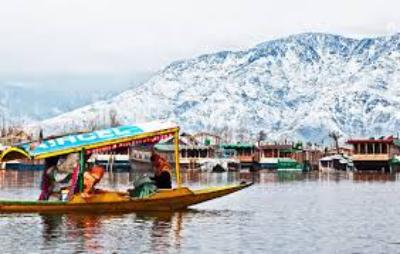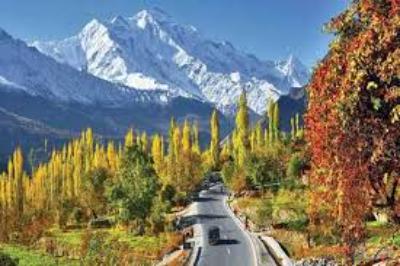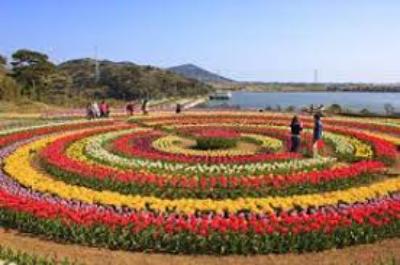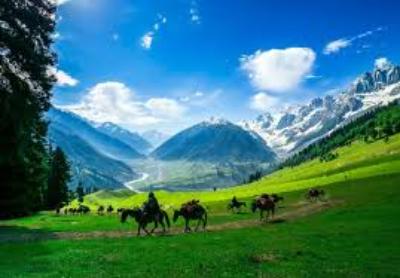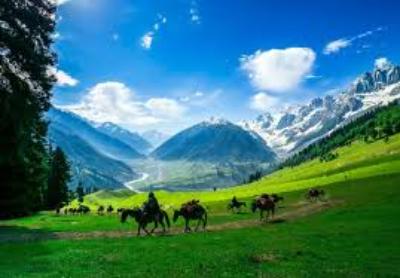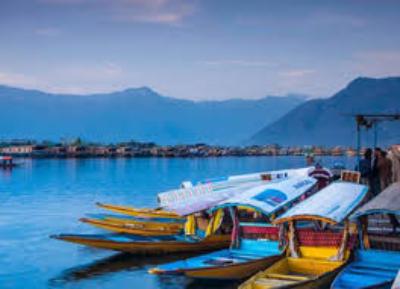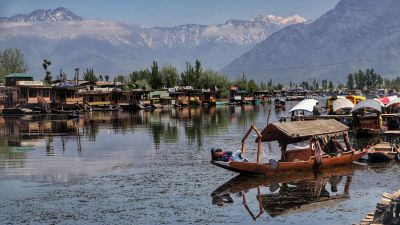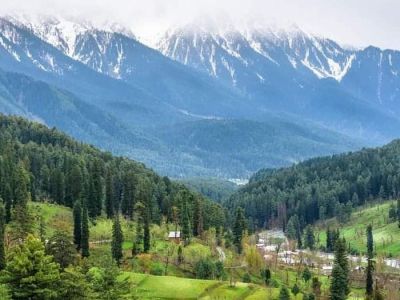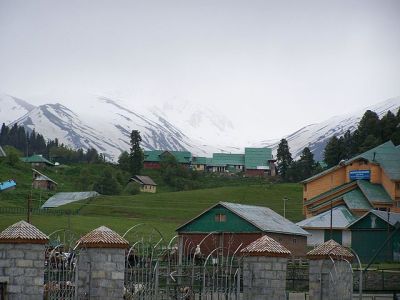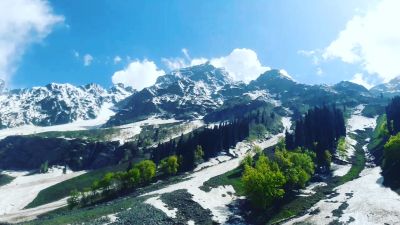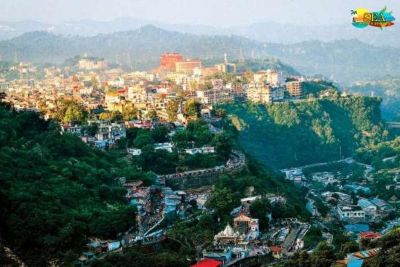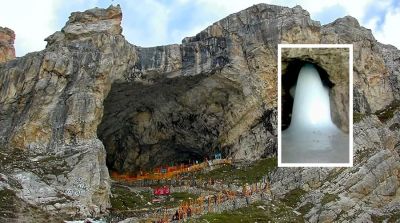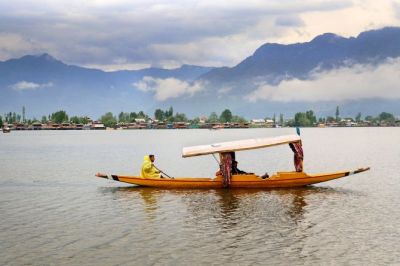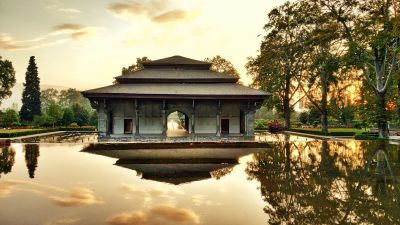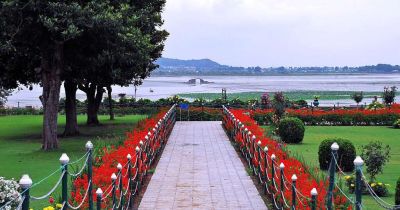Understanding the Intricacies of Kashmir’s Politics
Kashmir is a region that is synonymous with beauty and political complexity. Nestled in the northernmost part of India, this paradise on earth has been a bone of contention between India and Pakistan for the past several decades. The issues surrounding the politics of Kashmir have often overshadowed the natural beauty and cultural richness of the region. In this blog post, we will delve into the intricacies of Kashmir's politics and try to understand the factors that have shaped the region's turbulent history.
The Historical Context
To truly understand the politics of Kashmir, we must take a step back and examine the historical context. The region has a rich history that dates back thousands of years. It has been invaded, ruled, and influenced by numerous dynasties and empires, including the Mauryas, Kushans, Mughals, and Sikhs. In the late 1800s, the British Empire gained control of the region and categorized it as a princely state.
When India gained independence from British rule in 1947, the princely states were given the choice to join either India or Pakistan. The ruler of Kashmir, Maharaja Hari Singh, initially wanted to remain independent but eventually chose to accede to India. This decision sparked a series of events that continue to resonate in the region to this day.
The Kashmir Conflict
Almost immediately after the accession, Pakistan disputed the legality of the decision and saw it as an opportunity to claim the region for itself. This led to the first India-Pakistan war over Kashmir in 1947-1948. The United Nations intervened and called for a ceasefire, establishing a Line of Control that divided the region between India-administered Kashmir and Pakistan-administered Kashmir.
Over the years, the conflict has led to three major wars between India and Pakistan in 1965, 1971, and 1999. The Line of Control has solidified, and the region remains heavily militarized by both sides. The conflict has resulted in the loss of thousands of lives and has displaced many Kashmiri people.
The Role of Separatist Movements
One of the most significant factors in the politics of Kashmir is the presence of various separatist movements. These movements advocate for the complete independence of Kashmir from both India and Pakistan. The most prominent separatist group is the All Parties Hurriyat Conference, which is a conglomerate of several political and religious organizations.
The separatist movements often clash with the Indian government and security forces, leading to protests, strikes, and violent confrontations. The Indian government has responded with measures such as the Armed Forces Special Powers Act (AFSPA), which gives the security forces sweeping powers in the region. These measures have added fuel to the fire, further intensifying the conflict.
The Human Rights Issue
Another challenging aspect of the politics of Kashmir is the ongoing human rights issue. Both India and Pakistan have been accused of committing human rights violations in the region. There have been allegations of extrajudicial killings, torture, enforced disappearances, and sexual violence.
International organizations and human rights activists have called for independent investigations into the allegations and have urged both India and Pakistan to bring the perpetrators to justice. The issue of human rights violations adds another layer of complexity to an already complicated political landscape.
The Role of International Players
The politics of Kashmir is not limited to India and Pakistan. It has drawn the attention of various international players, including the United States, China, and the United Nations. These players have attempted to mediate and find a peaceful resolution to the conflict.
However, finding a viable solution has proven to be a daunting task. The differing interests of India, Pakistan, and the aspirations of the Kashmiri people themselves make reaching a consensus a significant challenge. The region has become a geopolitical hotspot, with each player pursuing its own agenda.
The Way Forward
The resolution of the Kashmir conflict remains one of the most complex and pressing issues in South Asia. Various proposals, such as plebiscites, autonomy, or joint control, have been put forth, but none have been implemented successfully.
Ultimately, a sustainable solution can only be achieved through a comprehensive dialogue that takes into account the aspirations of the Kashmiri people, the security concerns of India and Pakistan, and the interests of the international community. It requires a willingness from all parties involved to set aside political differences and work towards a peaceful resolution.
In conclusion, understanding the intricacies of Kashmir's politics is essential to grasp the root causes and ongoing challenges of the conflict. It is a region that has suffered immensely due to years of political turmoil, but it is also a place of immense beauty and cultural significance. Sharing the knowledge and raising awareness about the complexities of Kashmir's politics is crucial in fostering empathy and promoting peaceful solutions for a better future.
If you found this blog post informative and insightful, we encourage you to share it with your friends and family. Together, we can create a world where understanding and empathy prevail.
Disclaimer : The information provided in this blog is for general informational purposes only. While we strive to keep the content accurate and updated, TravelSetu assumes no liability for errors or omissions. If you believe any part of this blog infringes your rights or causes concern, please notify us immediately at info[at]travelsetu[dot]com so that appropriate action can be taken.
